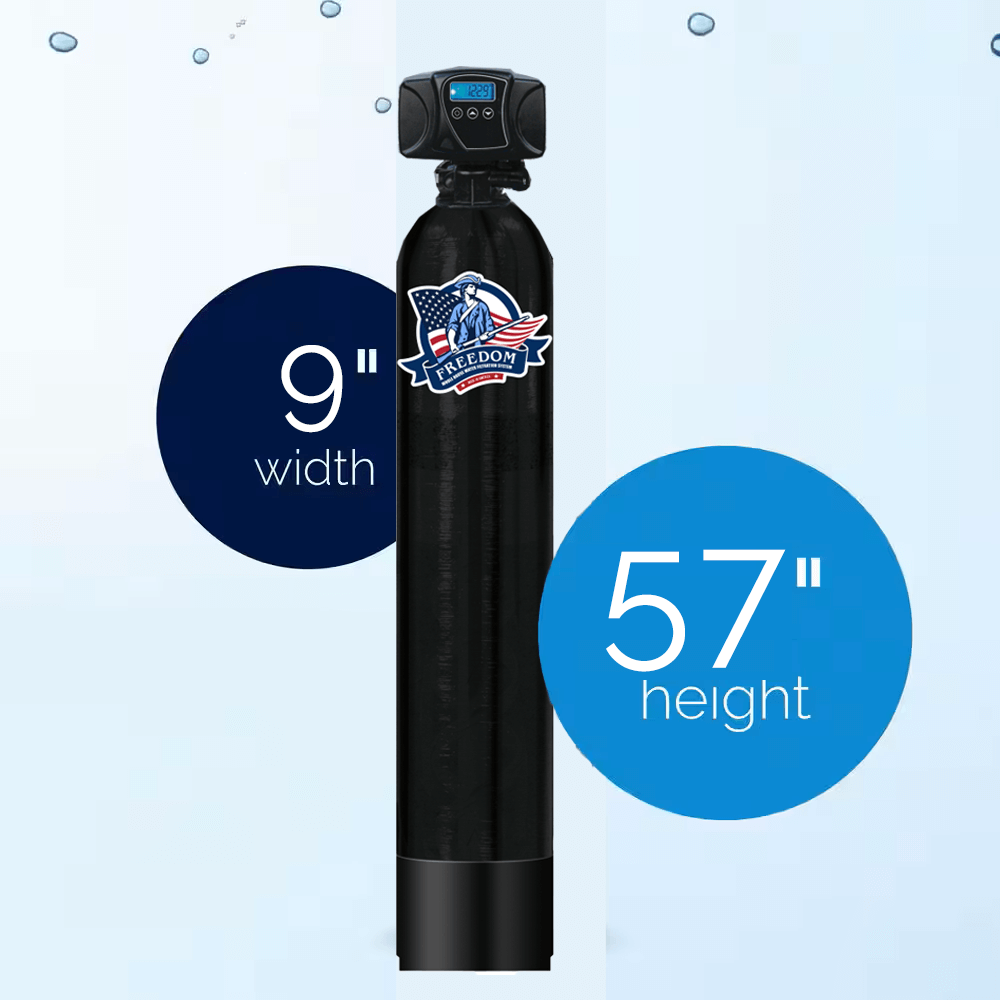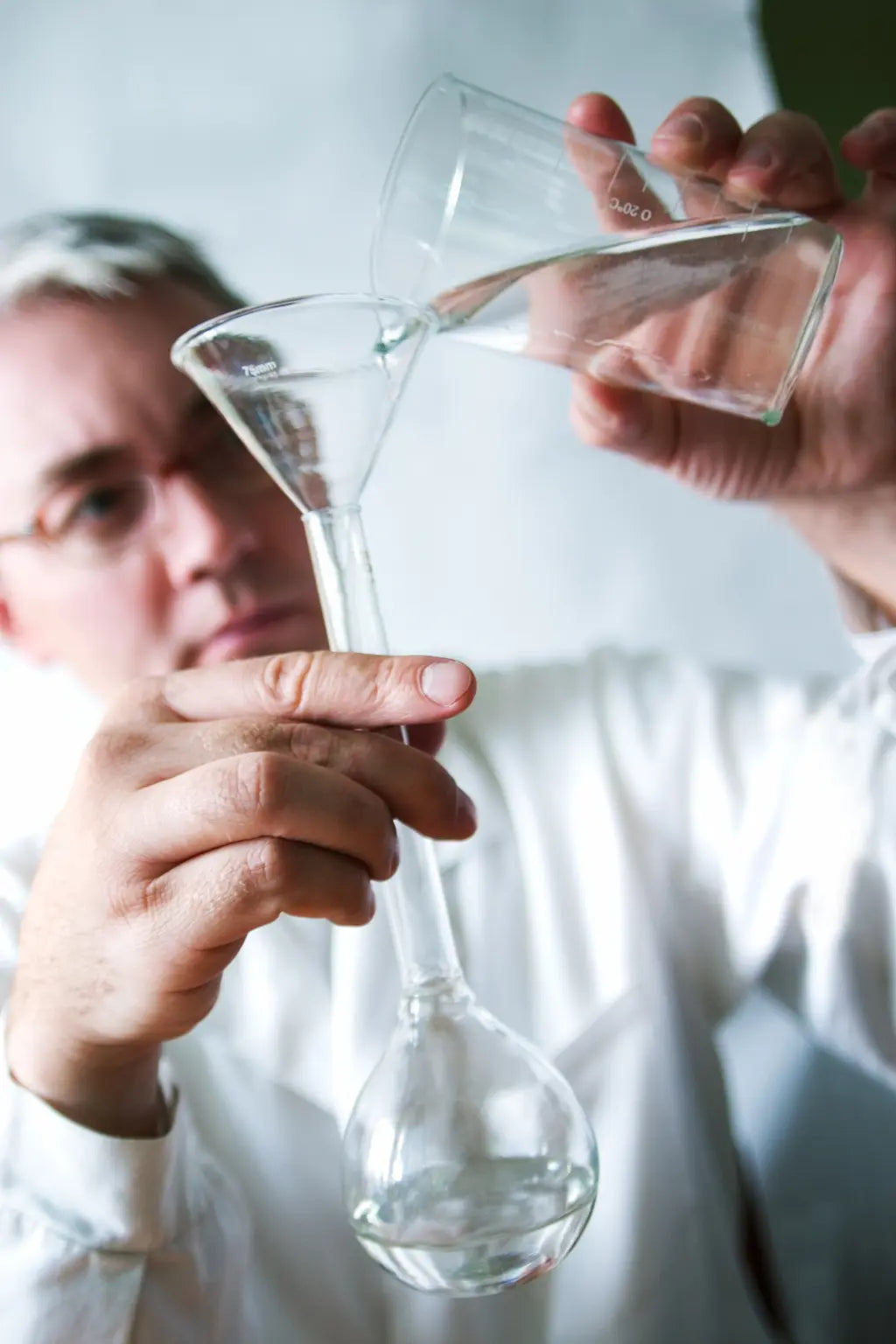-
-
Home Filtration System - 6-Stage "Air Injection" Salt-Free Well Series Filter & ConditioningOn sale from $4,995.00
-
-
Common Issues with Well Water Systems
Well water is a great resource for homes that aren’t connected to city water, but it can come with its own problems. Unlike city water, which is treated and regulated, well water comes straight from the ground and may carry unwanted contaminants. Using a quality water filter system for home use is key to keeping your water safe and fresh. A reliable home filtration system helps remove harmful substances and improves taste, smell, and clarity.
✓ Hard Water
Hard water, caused by high levels of minerals like calcium and magnesium, is one of the most common well water issues. It leads to scale buildup in pipes and appliances, which shortens their lifespan and lowers efficiency. Hard water also leaves spots on dishes and can make hair and skin feel dry. A home filter system designed for hard water can fix these problems.
✓Iron and Manganese
Iron and manganese can stain sinks, toilets, and laundry. Iron often gives water a metallic taste and causes rust-colored stains, while manganese creates dark brown or black marks. These metals can also clog pipes over time. A house water filtration system helps reduce these metals and protect your plumbing.
✓ Hydrogen Sulfide (Rotten Egg Smell)
This gas causes a strong rotten egg smell in your water and can make it unpleasant to use. In higher amounts, it may also damage pipes and silverware. A good home filtration system can help remove hydrogen sulfide and improve water quality.
✓ Sediment
Well water often carries sediment, sand, or silt, especially after rain or in areas with loose soil. These particles can clog plumbing and make water heaters and appliances work harder. A home filtration system with a sediment filter helps keep your water clear and your equipment running smoothly.
✓ Bacterial Contamination
Wells can become contaminated by bacteria from septic systems or surface runoff. Coliform bacteria, including E. coli, can be harmful to your health. A home filtration system with UV or disinfection features can help kill bacteria and make your water safe to drink.
✓ Nitrates and Nitrites
Fertilizer runoff and farm waste can cause high levels of nitrates and nitrites in well water. These chemicals are especially dangerous for babies and young children. A home filtration system with reverse osmosis can help reduce these risks.
✓ Tannins
Tannins are natural compounds from plants that make water look yellow or brown. They can also affect the taste and smell. This is common in shallow wells near forests or wetlands. A home filter system made to handle tannins can help clear up your water.
✓ Chlorine and Disinfection Byproducts
Some homeowners add chlorine to well water for disinfection, but it can react with other substances and create harmful byproducts like trihalomethanes (THMs). A home filtration system can remove chlorine and reduce these unwanted effects.
✓ Methane and Radon
These gases can enter well water from underground sources. Methane can be a fire hazard, while radon in water may increase indoor air pollution and health risks. Specialized home filtration systems can help manage these concerns.
A good house water filtration system can handle these common issues. Whether it’s a home filter system with reverse osmosis, sediment filters, or aeration, choosing the right solution and testing your water regularly will help keep your family safe and your water clean.









